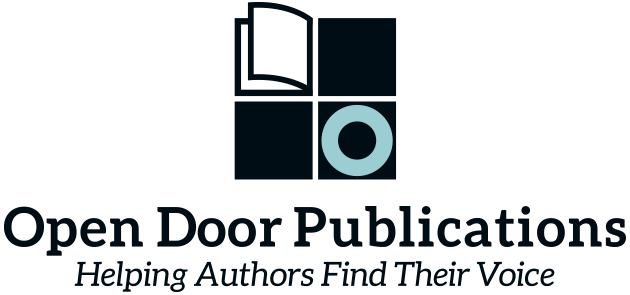 It’s an example I use so often, I sometimes wonder if it has become a cliché, but then just last week I heard it again. “I don’t need to hire an editor. My mother is a retired English teacher. She knows all about good grammar.”
It’s an example I use so often, I sometimes wonder if it has become a cliché, but then just last week I heard it again. “I don’t need to hire an editor. My mother is a retired English teacher. She knows all about good grammar.”
I don’t care if your mother is the world’s greatest expert on grammar, she should not edit your book. Why? Because she loves you, and she is going to think anything you do sparkles and shines just a little bit more than it really does. And even if she doesn’t, she isn’t going to tell you.
So what does using your mother as an editor have to do with marketability? So many authors I know work for months or years to write the best book they can, then when it is time to publish, they sabotage themselves by skimping on editing, on proofing and especially on marketing their book. What is the best way to not sabotage your book in the final stages of publishing and marketing? Gather a creative team that you trust – and then trust your team.
Who Should Be On Your Team?
Often people start with family members or friend. They ask them to read the manuscript and get their reactions to it. This can be a great place to start, but when it comes to developing a creative team, it is not where an author should end. Family and friends can offer good advice, but unless they are professional editors, proofreaders, graphic artists, marketers, publicists or publishers they cannot really offer the best, most professional advice about your book. Here are some of the people you will want on your team.
• Your Publisher: He or she will oversee all of the details of the project and make sure that nothing is forgotten. Your publisher is your project manager and has the expertise to oversee the practical details of publishing your book as well as the knowledge to offer advice on pricing, cover design, target market and a host of other decisions.
• Your Editor: Your publisher may assign an editor for your work or may suggest a professional editor to work with you. Yes, your best friend may be a really great writer, a teacher, or an expert blogger, but you need more than that. You need an editor to read your book looking for:
Missing or incomplete information
Grammar and spelling errors
Marketability of the work
Consistent and appropriate grammatical style using a style manual such as Chicago or AP
Ease of reading and a style appropriate to the audience
• Cover Designer: While many people have artistic friends who offer to create a cover illustration, you will need a professional graphic artist to develop the front cover, back cover and spine. A cover is much more than just a great illustration. It is a combination of graphics and text that is compelling enough to make a potential reader want to pick it up in a bookstore or click on it on a website and purchase it. A cover is the first impression your target reader has of your book. Studies have shown that viewers look at a website for 10 to 20 seconds when choosing whether continue to view it or move on. Your book cover is one small fraction of your website, so assume that your potential reader will look at your cover for just a fraction of that time. This means that your book cover must be attractive and professional and must stand out enough to attract a reader in less than 10 seconds.
• Your Marketer: You should consult with a marketing professional about your website, use of social media and other ways that you can get the word out about your book. A professional marketing company can help you plan events or seminars, develop flyers or postcards promoting your book and work with you to develop an overall marketing plan.
• Your Publicist: Public relations is a complex field with many nuances, so before we can discuss finding the right publicist for you, here are a few quick definitions: Public relations is the art of developing a strategic message. Publicity is the act of getting your message out through the best channels.
Too Many Cooks
The last few months before your book is finally published and available to the public can be both exciting and hectic, and because first-time authors have never published a book before, they may feel unsure about every decision that is made, no matter how large or small. Even after choosing a creative team they respect, like and trust, I’ve seen many authors give in to the temptation to ask everyone they know for an opinion on every aspect of the book. I’m not talking about making appropriate corrections to the final galley proof. I’m talking about attempting to make last minute major changes in the concept of the book, its design or its pricing.
If you’ve ever sat over coffee with a group of friends and discussed any subject, no matter how important or trivial, you know that for each person at the table there is often at least two opinions― usually conflicting.
I’ve had authors call me wanting to make changes to everything from the title of the book to its price to the wording of a particular sentence based on this kind of advice. If you show your neighbor, your best friend and three people in your networking group two different versions of your cover or two different versions of a particular chapter you will have at least ten opinions.
That way lies madness!
